Strength training at home without equipment promises to boost lean muscle in no time - 7 workouts to try
No equipment? No problem.
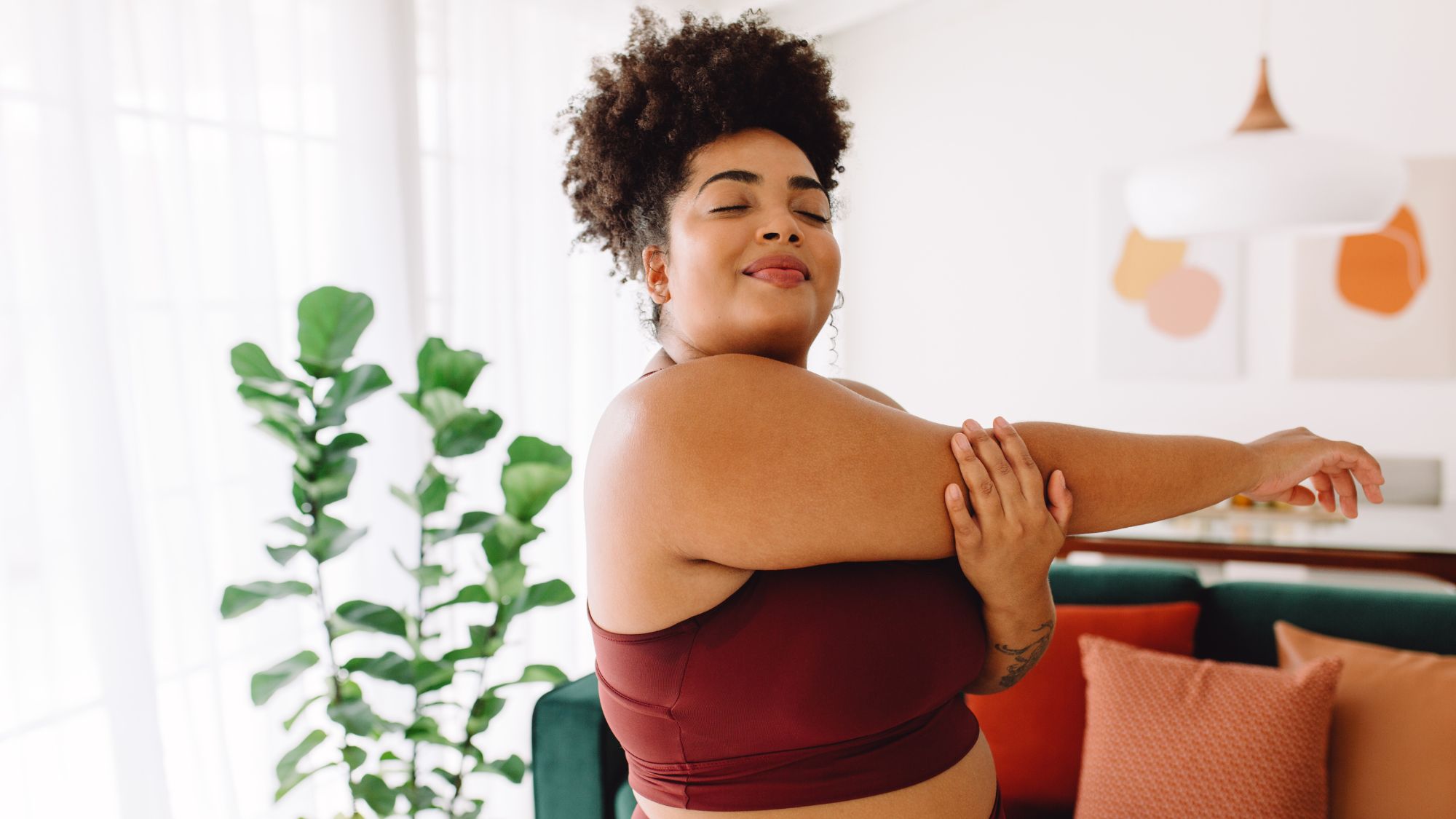

Want to up the ante with your workout regime but don’t fancy spending any money? We hear you – and we have the answer: strength training at home without equipment. Promising to elevate your fitness game, boost muscle and more (all from the comfort of your living room, no less), home strength training workouts are one of the easiest and cheapest ways to get the most bang for your workout buck.
The likelihood is, you’re already on board with working out at home (because, let’s face it, who isn’t, these days?) but you might think you’re limited to cardio bursts or some gentle stretching. While these certainly have their place in a well-balanced home practice, it’s perfectly possible – and, more than that, essential – to incorporate some strength training exercise into your home sessions, too, and all without spending a penny on equipment.
Need more convincing? There are so many strength training benefits, it's hard to argue with the case for including weighted movements in your weekly regime. From building stronger bones to improving cardiovascular health and boosting mood – the benefits of strength training are well-researched and evidence backed. And don't worry if you don't have dumbbells or kettlebells at home, either, because we've asked top PTs for their favourite strength training at-home workouts that don’t require any equipment.
Interested but not sure where and how to start? Take a look at our guides to strength training for beginners, strength training at home and low impact strength training, while you're here. Plus, find out how one of team MC UK’s health writers got on when she tried strength training for 10 minutes every day.
Strength training at home without equipment promises to boost muscle and tone in no time - 7 workouts to try
What is strength training at home?
You’ll be delighted to learn that strength training at home is as easy as it sounds. The wellness world can be complicated, making it tricky to see the wood for the trees – but strength training at home really couldn’t be simpler.
“There’s no need for fancy equipment when you have the power of your own bodyweight,” says personal trainer Paige Verity Davis. “A strength workout at home focuses on building muscle and improving endurance using simple yet effective exercises like push-ups, squats, lunges, and planks, using bodyweight as resistance. It’s entirely possible to target every muscle group in the body with exercises like bicep curls, lateral raises, and squats, all while building strength, toning muscles, and increasing flexibility.”
Marie Claire Newsletter
Celebrity news, beauty, fashion advice, and fascinating features, delivered straight to your inbox!
But don’t be fooled – you’ll have to work hard!
@getupwithhannah ♬ BOOM - Tiesto
What are the benefits of strength training at home?
While strength training at home is simple, it packs a real punch, benefits-wise. Of course, building muscle is an obvious win, but resistance training is about so much more than just this.
1. It increases longevity
ICYMI, there’s been a lot of noise recently on social media and beyond about training for our ‘old lady’ bodies. And while this might seem like a long way off, it’s never too early (or too late) to start building the foundations for a long and healthy life. A strong skeleton is a pre-requisite to longevity, with research (like this study, published in the Journal of Geriatric Orthopaedic Surgery and Rehabilitation) showing the causal link between bone health and lifespan.
Additionally, studies (such as this one, published in the American Journal of Medicine) show that muscle mass is a strong predictor of longevity; women who add strength training into their exercise regime reduce their cardiovascular mortality by 30%.
2. It boosts metabolism
“Strength training at home has so many benefits,” agrees health coach and personal trainer, Edwina Jenner. “It is great for our bodies as it builds muscle, which in turn increases your metabolism. Muscle is our metabolic currency so the more muscle we have, the more we burn, even at rest.”
While we’ve (hopefully) moved on from the damaging trope of working out for purely aesthetic reasons, if you’re looking to maintain a healthy and stable weight, strength training is your BFF.
3. It enhances mental health
Most of us know that exercising not only makes us feel stronger physically, but it’s great for our mental health too. Studies (such as this one, published in the American Journal of Lifestyle Medicine) show that strength training in particular reduces anxiety and depression, boosts self-esteem and enhances sleep quality and cognition.
4. It's accessible
It’s no secret that we’re living through an unprecedented cost-of-living crisis, and while social media may have us believing that we’re all spending our days hanging out in swanky gyms dressed in perfect athleisure co-ords, most of us can’t justify the expense of a gym membership RN.
The solution? Strength training at home, of course. Removing many of the barriers to exercise that women in particular can feel (cost, what we look like, gymtimidation etc), strength training at home makes working out accessible to (practically) everyone.
@charlotteflynnn ♬ dancin - dhn
7 PT-approved strength training at home workouts to try
Ready to give strength training at home a try? Here are seven exercises to try today, put together for you by PTs Tejal Patel, Paige Verity Davis, Edwina Jenner and Beth Davies.
1. Bodyweight squats
What? Bodyweight exercises don't get much better than the humble squat. Imagine you're lowering your body to sit on a low chair. "Keep your knees aligned with your toes as you lower yourself down," advises Jenner. "Aim to get your thighs parallel to the ground. Push through your heels to straighten your legs and return to the starting position. Keep your core in, chest up and drive through your heels."
Why? “Squats are a simple yet effective way to strengthen your lower body, improve mobility, and enhance functional movement patterns,” explains Davis. “Whether you're squeezing in a quick set during TV breaks or turning it into a friendly competition with loved ones, bodyweight squats are a must for any fitness routine. Tip – you can even try squatting each time you make a cup of tea when the kettle is boiling!”
How long for? Three sets of 10 to 12 reps.
2. Lunges
What? A simple lower-body move, a lunge can be reverse (leg goes back) or forward (leg in front). Either way, be sure to keep a 90 degree angle in both legs, with your weight balanced between them.
Why? "Lunges target the muscles in the legs, including the quadriceps, hamstrings, and glutes, promoting strength and muscle development," says Davies. "They're a great functional movement that mimic activities like walking and climbing stairs, making them beneficial for daily activities as well as making you stronger."
How long for? Perform three sets of 10 reps.
3. Push ups
What? Remember when we said this wasn't going to be easy? Performing a full push-up is no mean feat, so don't be scared to modify using your knees or performing them on an incline.
Why? Push ups are great for building upper body strength and muscular endurance, and they're also a fantastic core exercise and help to improve posture.
How long for? A short and sweet five minutes.
4. Plank
What? A simple but spicy strength and endurance move where you hold yourself in a static push up position.
Why? "Planks strengthen the core muscles, including the abdominals, obliques, and lower back," explains Davies. "This helps improve posture, stability, and overall functional strength, and with lots of variations from half planks to side planks, there’s always a plank to suit your strength and fitness level."
How long for? "Aim to hold the plank for 20-30 seconds initially, gradually increasing the duration as you build strength and endurance," advises Jenner.
5. Glute bridges
What? A glute bridge is a simple strength move that targets not only your glutes, but also your hamstrings, core and back.
Why? Strong glutes are crucial for injury prevention, athletic performance as well as maintaining healthy gait and posture.
How long for? Three sets of 10 reps.
6. Reverse snow angels
What? Literally what they say on the tin: take your childhood snow angels, and flip them on to your stomach.
Why? Reverse snow angels are fantastic for improving posture, targetting your upper and lower back muscles, rotator cuffs and shoulders - not to mention your glutes, biceps and core.
How long for? As above, three sets of 10 reps will suffice.
7. Plank step-outs
What? Once you've mastered a plank hold, up the ante with a plank step-out. "In a full arm or elbow plank, alternate taking each foot to the side and tapping the floor with the toes and returning back to centre," says Patel.
Why? Maintaining stable hips while stepping your feet out challenges those all-important stabilising muscles, strengthening your core and helping to improve posture.
How long for? Patel recommends three sets of 20 reps.
Shop MC UK's strength training kit

Not an essential by any means, but these hand-held weights from Bala at John Lewis are just too pretty to resist. Easy and comfortable to hold, they'll add a spicy burn to any home strength training move.
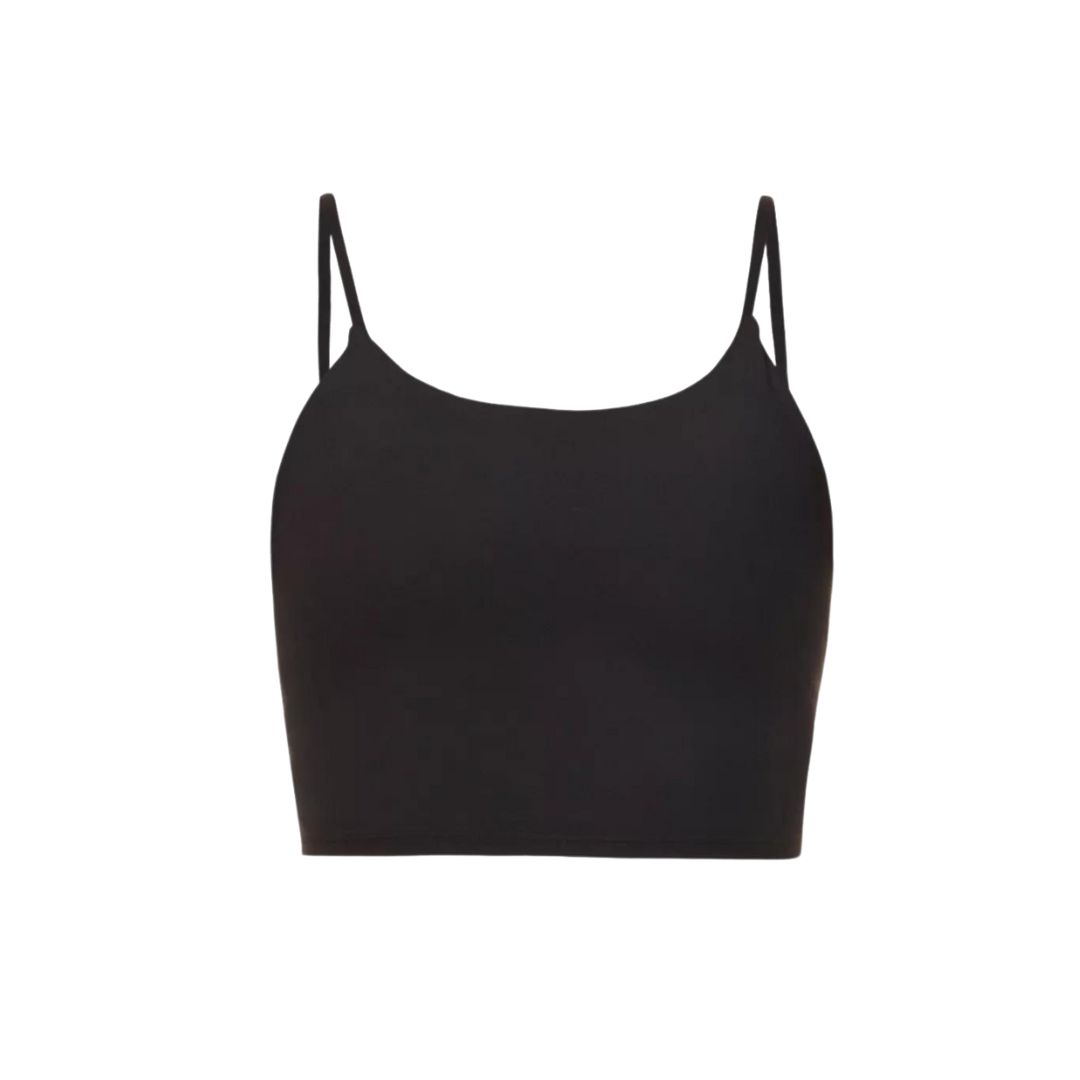
Ideal for medium-support workouts like strength training, this Adanola sports bra is so soft, supportive and comfortable, you'll want to leave it on way after you've finished your workout.
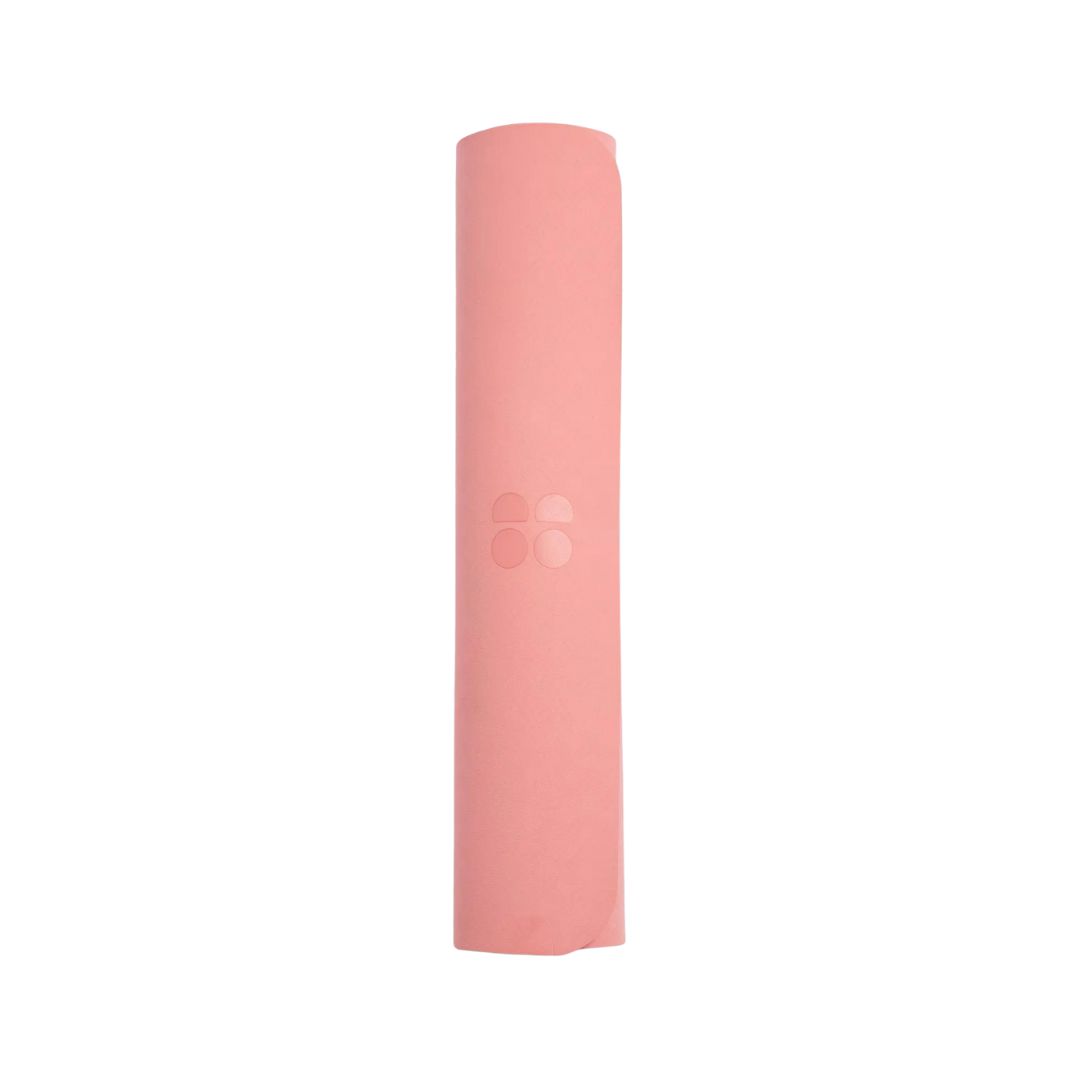
While you don't strictly need any equipment for a home strength workout, a decent yoga mat is a nice-to-have. This one from Sweaty Betty is thick enough to support your joints and grippy enough to prevent you sliding around.

Anna Bartter is a freelance journalist who writes about health, fitness and women's lifestyle for publications including Stylist, Metro and Psychologies, among others.
She's always on a quest to find a variety of fun and functional workouts that give you the most bang for your workout buck and she's passionate about championing movement for everyone's mental and physical wellbeing.
-
 Prince Harry reportedly extended an 'olive branch' to Kate and William on latest UK trip
Prince Harry reportedly extended an 'olive branch' to Kate and William on latest UK tripBig if true
By Iris Goldsztajn
-
 How Prime Video is protecting Blake Lively amid her new movie promo
How Prime Video is protecting Blake Lively amid her new movie promoAn understandable move
By Iris Goldsztajn
-
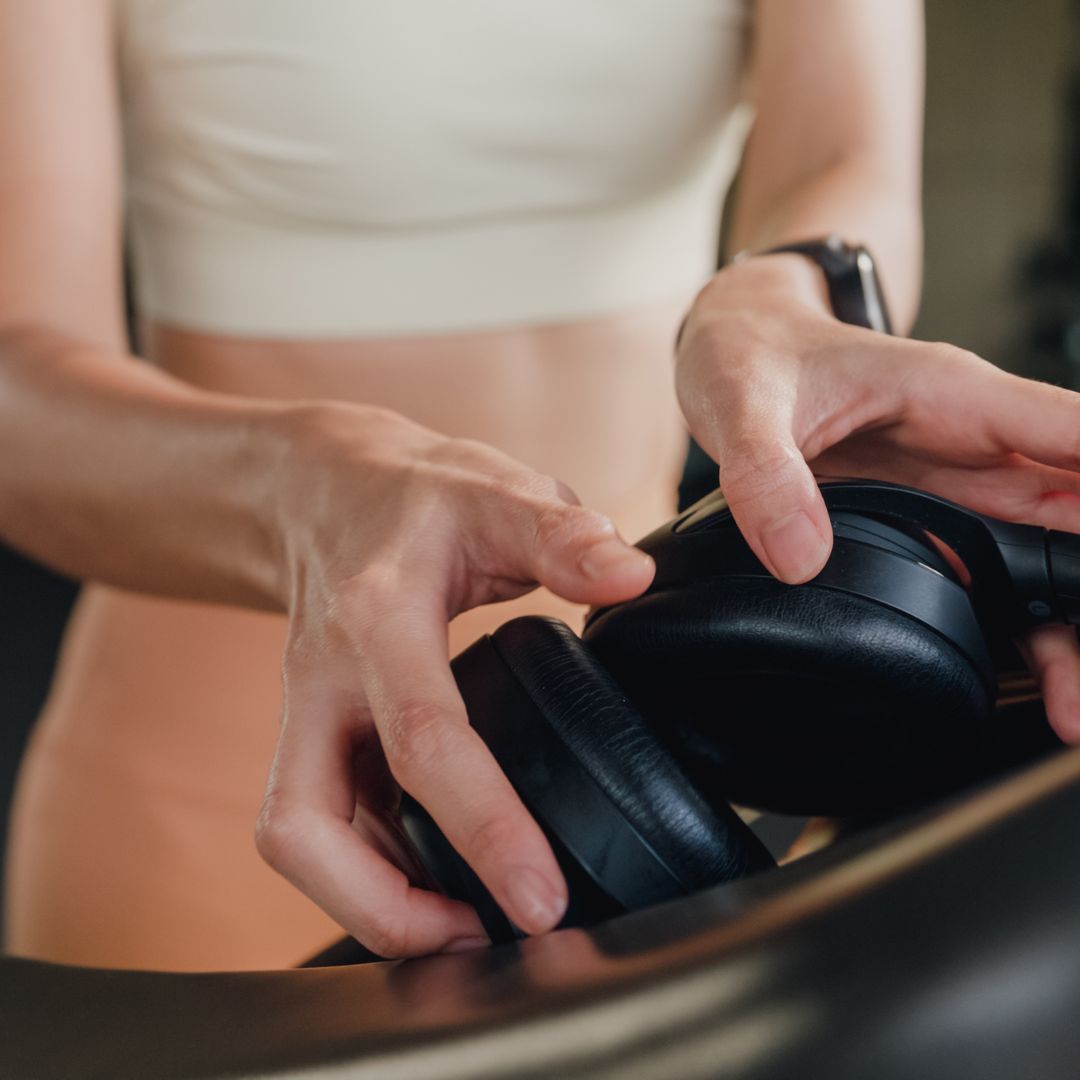 It's the must-have bit of fit kit of the year - a fitness expert shares their top 5 tips for choosing a walking pad
It's the must-have bit of fit kit of the year - a fitness expert shares their top 5 tips for choosing a walking padThis year's fitness must-buy.
By Katie Sims
-
 It's the must-have bit of fit kit of the year - a fitness expert shares their 5 top tips for choosing a walking pad
It's the must-have bit of fit kit of the year - a fitness expert shares their 5 top tips for choosing a walking padThis year's fitness must-buy.
By Katie Sims
-
 I tried Pilates roll-downs every day for a week - and was amazed at how quickly it eased years of stiffness
I tried Pilates roll-downs every day for a week - and was amazed at how quickly it eased years of stiffnessConsider my spine more mobile than before.
By Rebecca Shepherd
-
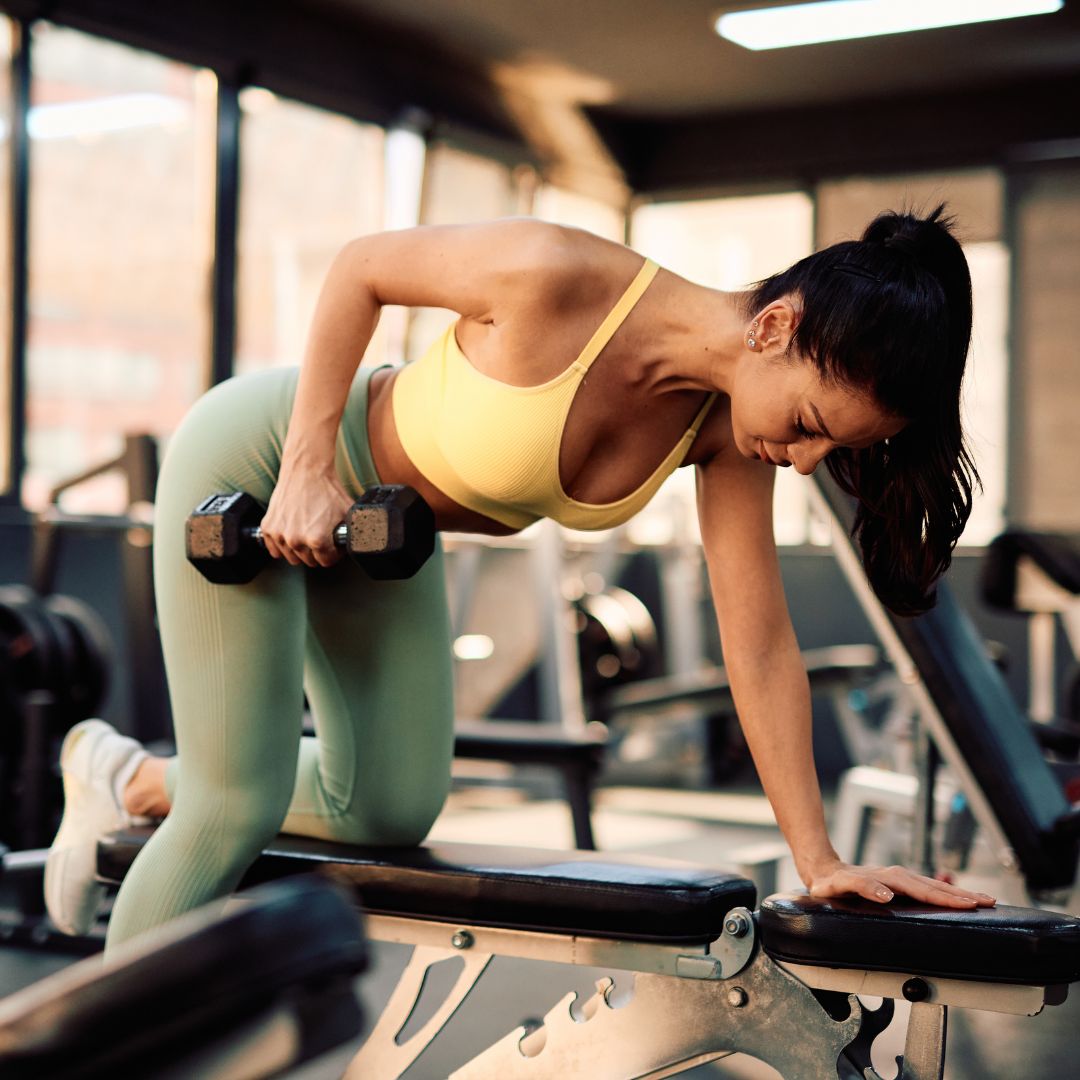 Bent-over rows are raved about for building upper body strength - 7 variations that are better for building muscle, strength and tone
Bent-over rows are raved about for building upper body strength - 7 variations that are better for building muscle, strength and toneDon't skip upper body day.
By Anna Bartter
-
 Spring has finally sprung - 6 best outdoor workouts that are totally free and boost both body and mind
Spring has finally sprung - 6 best outdoor workouts that are totally free and boost both body and mindSoak in the nature and boost Vitamin D *and* endorphins.
By Anna Bartter
-
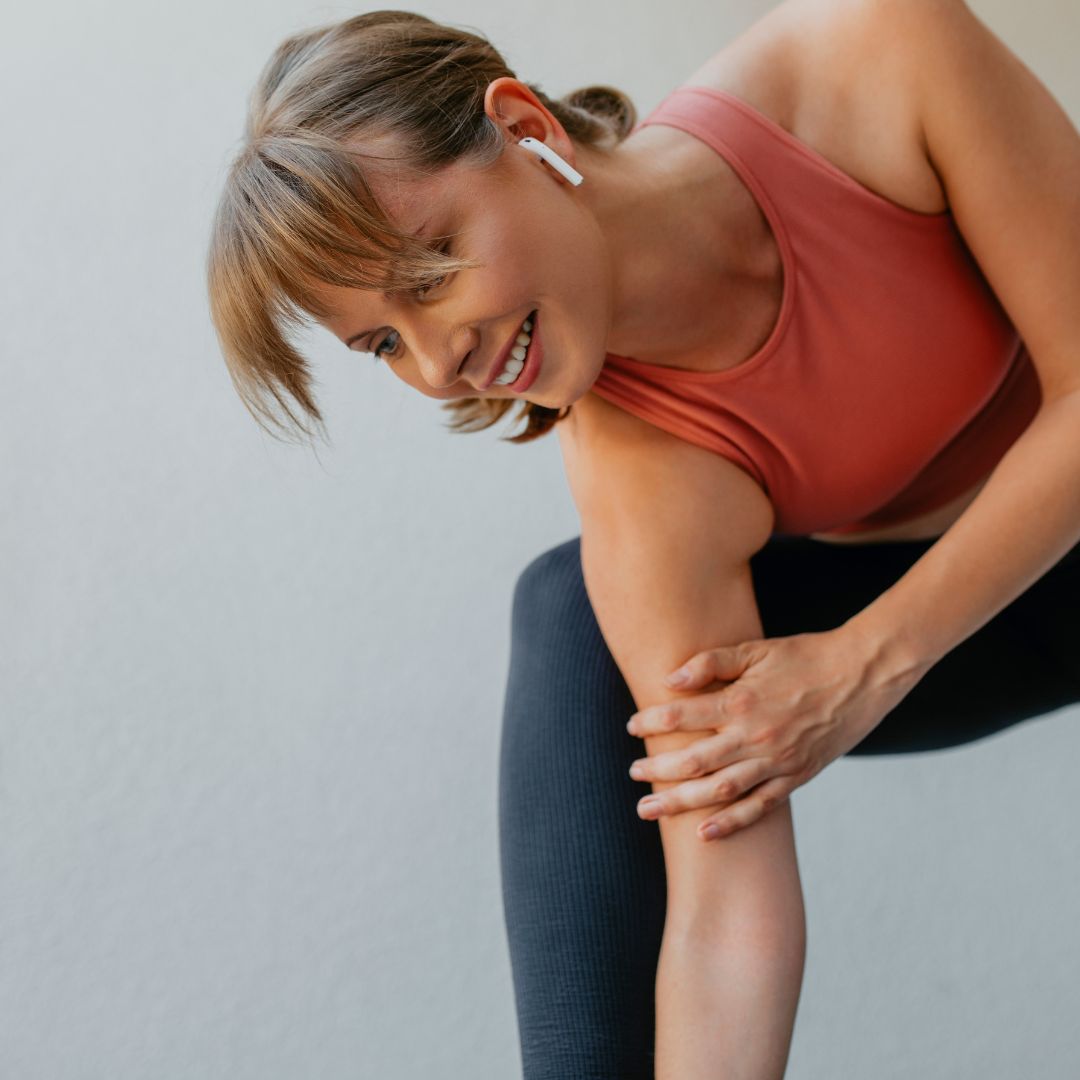 Rotational exercises are an often-forgotten workout move powerhouse - 7 that build core stability and reduce injury
Rotational exercises are an often-forgotten workout move powerhouse - 7 that build core stability and reduce injuryEasy, effective and essential? We're all in.
By Anna Bartter
-
 Fan of low-impact sessions? These are officially the 7 best Pilates apps for boosting strength, tone and mood
Fan of low-impact sessions? These are officially the 7 best Pilates apps for boosting strength, tone and moodYou can thank us later.
By Katie Sims
-
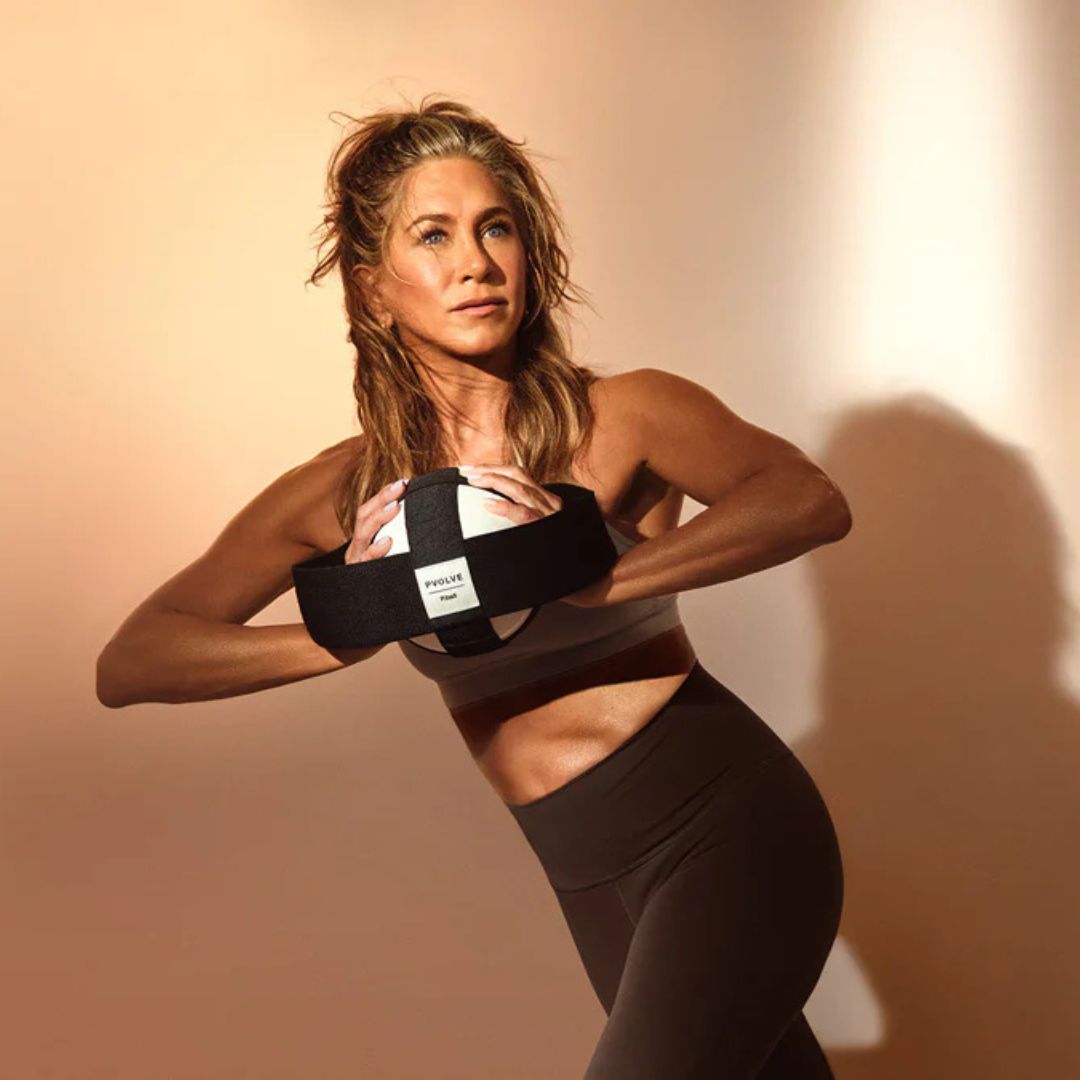 It's the trending workout of the moment and Jen An's go-to - but what actually is Pvolve and is it effective?
It's the trending workout of the moment and Jen An's go-to - but what actually is Pvolve and is it effective?Workout like an A-lister - because you're worth it.
By Anna Bartter
-
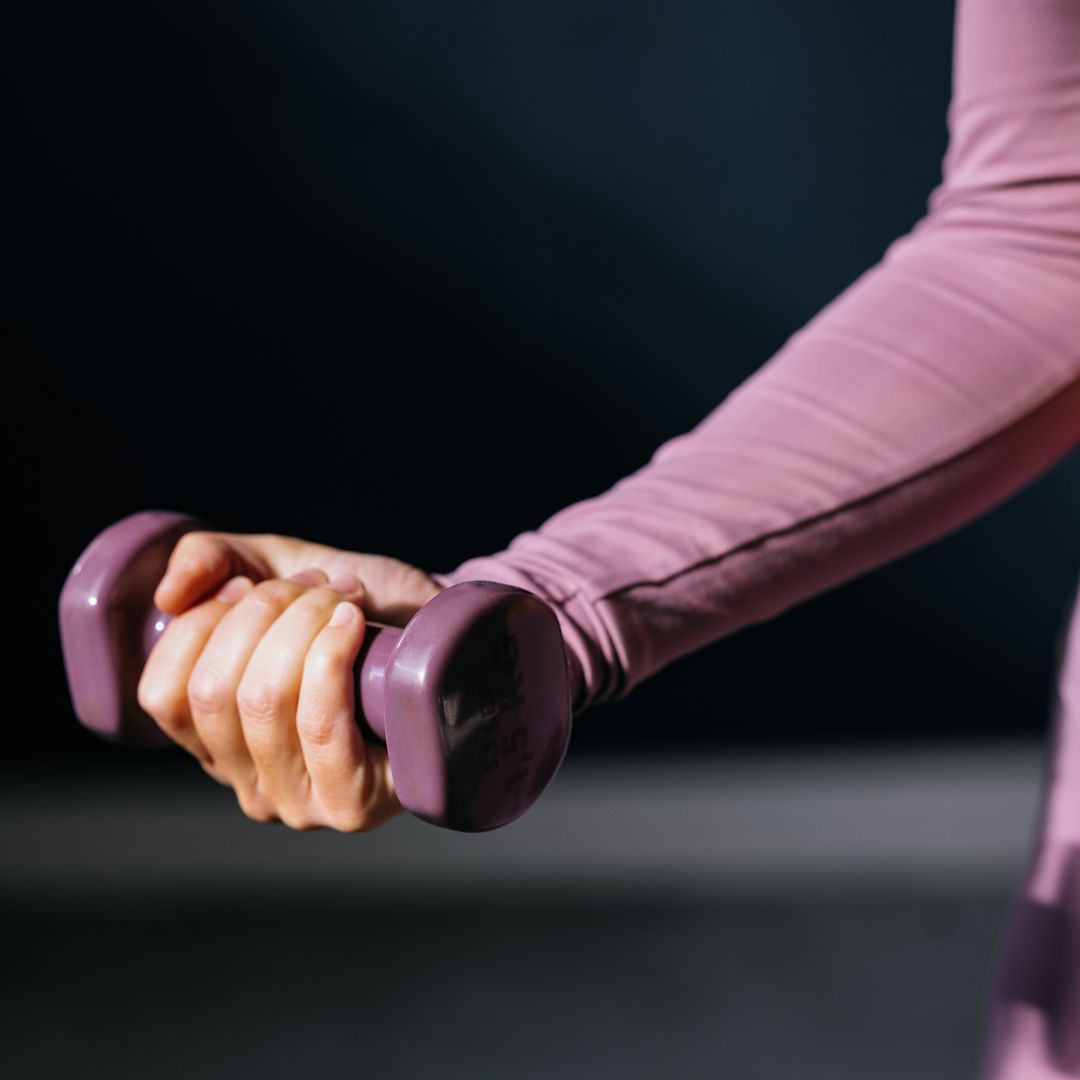 Lateral exercises are arguably the best moves you can do to supercharge balance and coordination - 5 to try
Lateral exercises are arguably the best moves you can do to supercharge balance and coordination - 5 to tryTry these moves for a well-balanced workout.
By Anna Bartter






